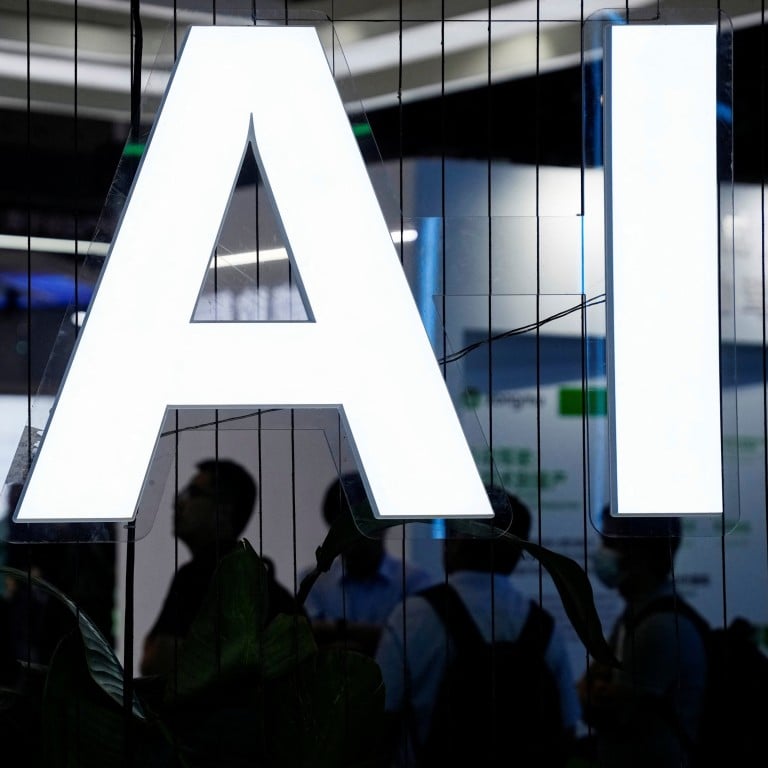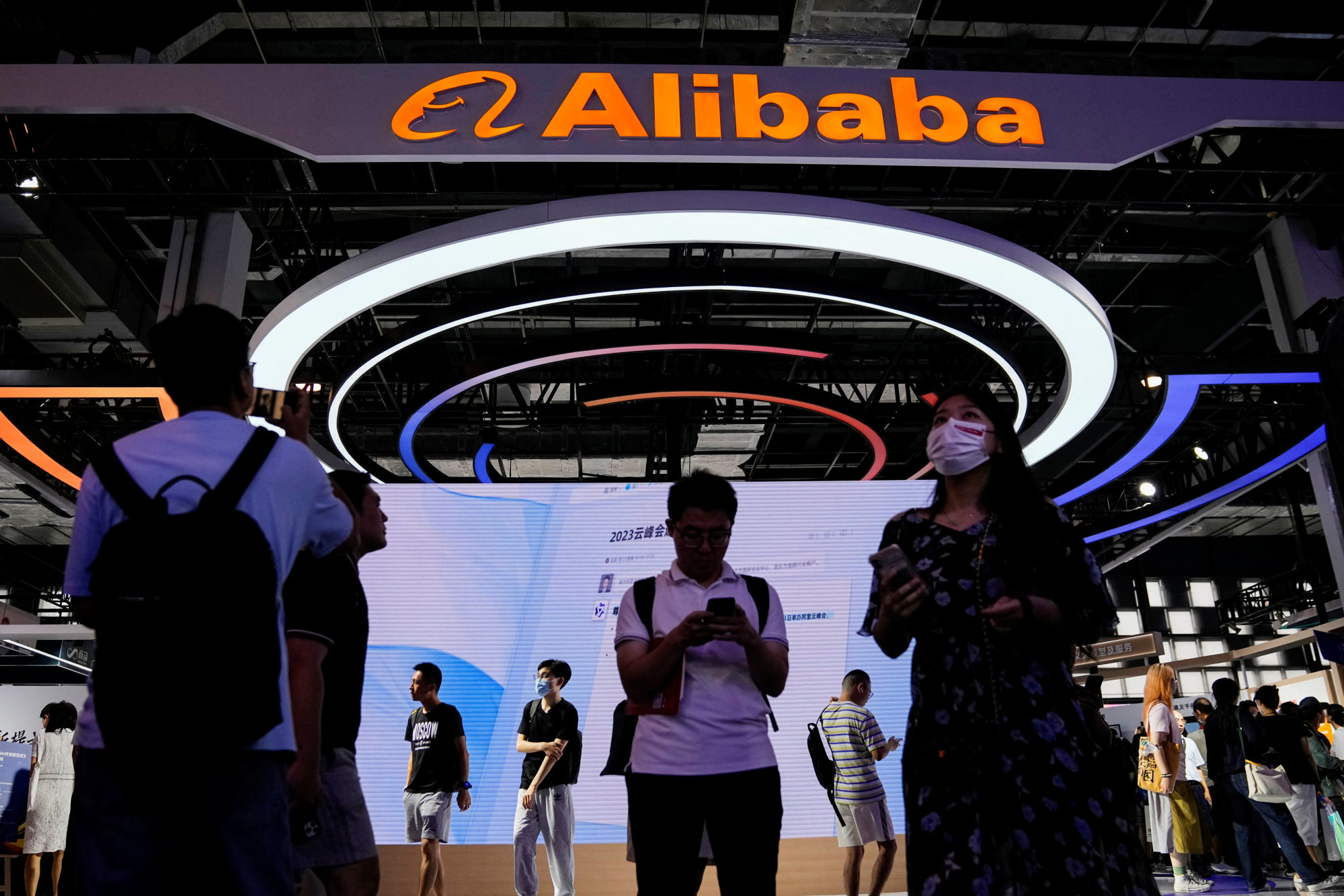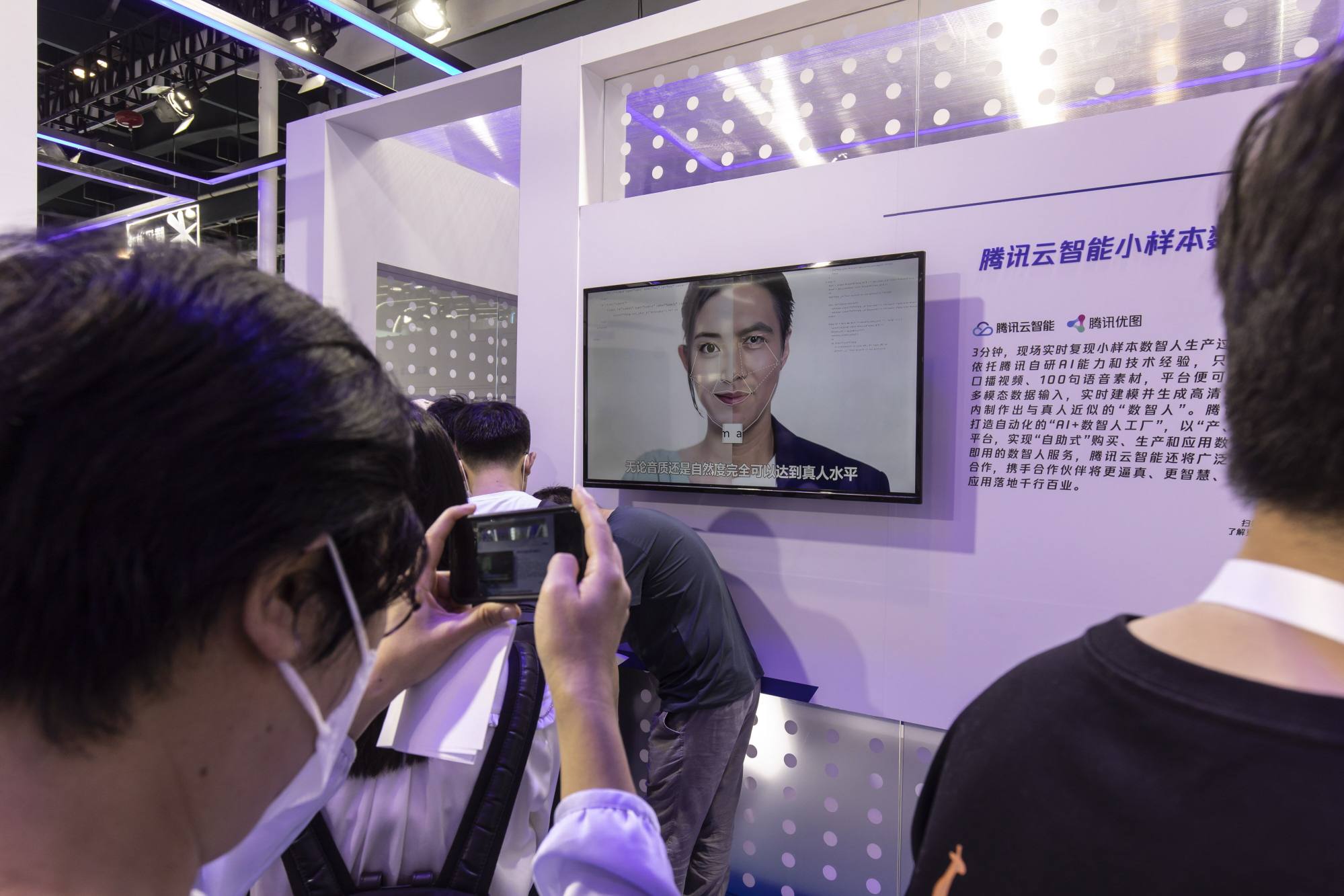
China to create and implement national standard for large language models in move to regulate AI, while using its power to transform industries
- The China Electronic Standardisation Institute, under the Ministry of Industry and Information Technology, will enact a local standard for LLMs
- Baidu, Huawei, 360 Security and Alibaba have been enlisted by the institute to lead a special task force that will draw up the new LLM standard
LLMs are deep-learning AI algorithms that can recognise, summarise, translate, predict and generate content using very large data sets.

It also listed the areas where China could benefit from AI, including daily office work, biopharmaceuticals, remote sensing and meteorology.
At the WAIC event, which concludes this Saturday, the China Academy of Information and Communications Technology (CAICT), another institute under the MIIT, said it was also working to boost domestic LLM development and manage potential risks from the technology.
“[We will] promote systematic breakthroughs and original innovation in large [AI] models,” CAICT president Yu Xiaohui said in a presentation at the conference on Friday.
He said that it was important to accelerate development in the “verification and application of core areas such as algorithms and high-performance chips”, while strengthening research and coordination in “risk governance” to make large AI models “reliable tools for society’s development”.

Generative AI describes algorithms that can be used to create new content, including audio, code, images, text, simulations and videos. Recent breakthroughs in the field have the potential to drastically change the way people approach content creation.
All generative AI algorithms and products must go through security testing and review by the CAC before these can be made available to the public.


